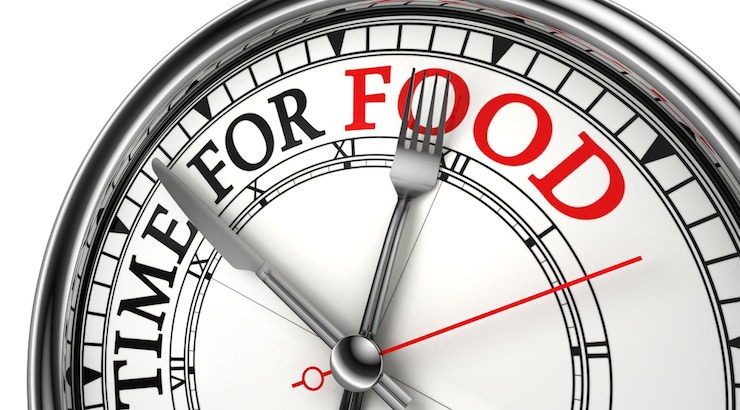Amy Dirks on Un-Fueling: The Power of Good Nutrition
Nutrition information for soccer players from Amy Dirks. Discover what makes this column so different: Read Meet SoccerToday’s Nutritionist Amy Dirks – Great Info for Soccer Players of All Ages
Have a nutrition question? Ask Amy! Just email Amy or visit Amy Dirks Sports Nutrition.
NUTRITION FOR SOCCER PLAYERS: What happens when athletes do the opposite of fueling properly?
Let’s call it “un-fueling”, basically meaning that the body is not being fueled appropriately for the type and amount of activity performed and the detrimental effects it can have on the physiological health (gut), mental health (brain), physical health (joints), and ultimately the career of an athlete.
It’s difficult to understand the concept
Youth and adult soccer players train extremely hard on the field and you play even harder during games — yet you don’t train in the kitchen. You potentially could be negating all your hard work over time.
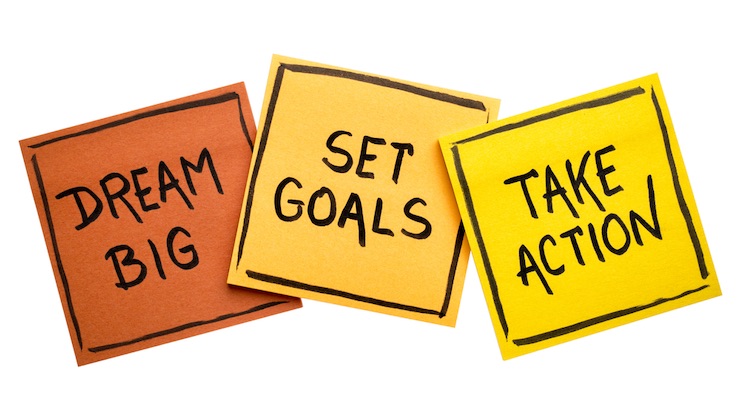 Yes, genetics can help, young age helps you bounce back quicker, and even supplements may keep you from the worst, but why wouldn’t you want the best?
Yes, genetics can help, young age helps you bounce back quicker, and even supplements may keep you from the worst, but why wouldn’t you want the best?
True athletes should have the mentality to be the greatest version of themselves and in doing so get over the idea that they are invincible.
Read Related Article on Soccer Nutrition: NUTRITION FOR SOCCER PLAYERS: WHAT TO EAT WHEN
The body is amazing in all that it can do, but if you want your body to continue to work for you at a high-level day in and day out, you may need to do some work for it.
If you are what you eat, are you respecting and nourishing your body when you fuel your performance?
Nutrition can affect the mitochondria, or the powerhouse of the cell, where all of your energy is produced. That alone should be the only reason you need to start a better nutrition plan. Who doesn’t strive for higher energy?!
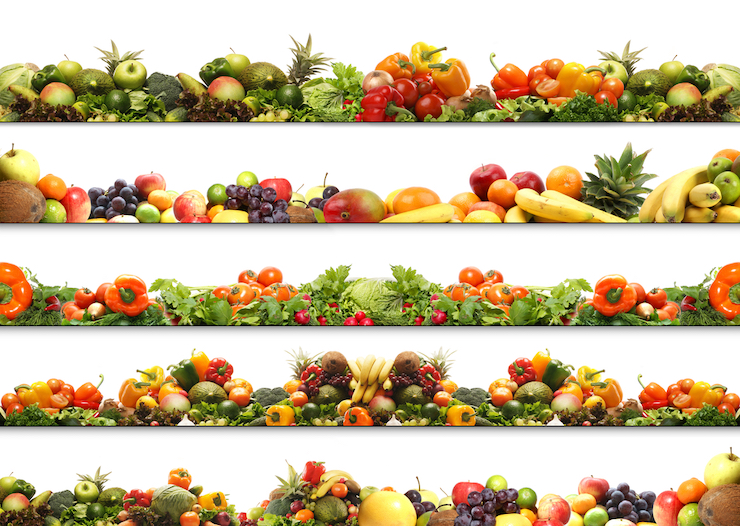
Poor nutrition can lead to fatigue or reduced energy levels, slower recovery, increased soreness, decrease blood flow, hormone imbalance, decreased metabolism, chronic dehydration, cramping, chronic injuries, depression and mood swings, weight gain or body fat increase, feelings of bloated and gassy (among other GI issues), and even disease.
Think about your current routine and eating style. Are you over-eating the wrong types of calories? Do you eat mostly processed foods and rarely eat vegetables? Do you eat fast foods?
Do you load up on simple carbohydrates:
- soda
- cookies
- crackers
- cereal
All these break down into sugar quickly and send you down the insulin roller-coaster most people ride.Or maybe you’re under-consuming calories because you want to lose weight? Whatever it is you are currently doing, does it line up with your goals?
No matter what level of athlete, it all starts with the basics.
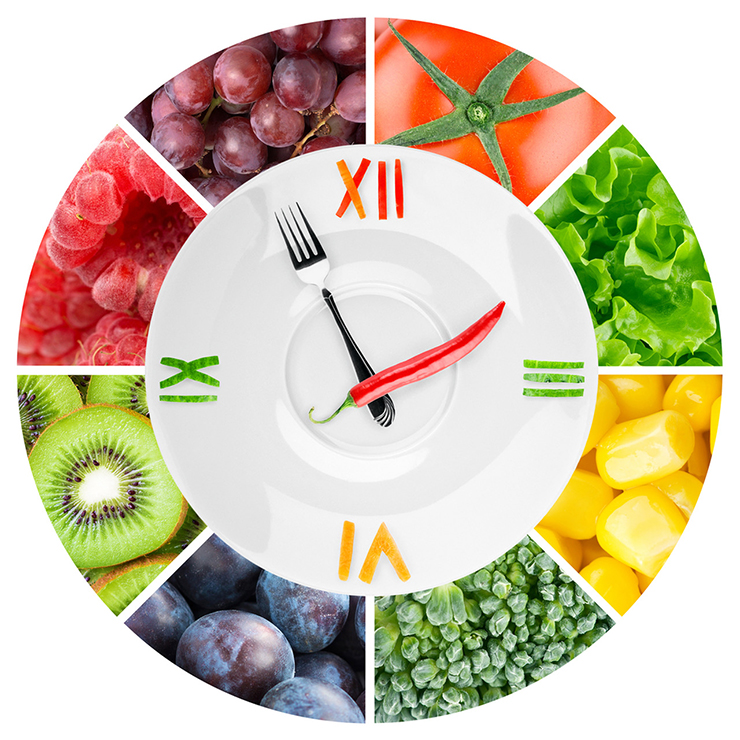 It isn’t one size fits all because of multiple factors including but not limited to:
It isn’t one size fits all because of multiple factors including but not limited to:
- Goals (lose body fat, gain muscle mass)
- Wake Time
- Sleep Time
- Budget
- In-Season vs. Off-Season
- Injured or Non-Injured
- Allergies
- Food Preferences/aversions
- Religious Practices
- Activity Type & Duration
- Genetics
However, everyone can start with the lesser evil. After deciding on your goal, pick one thing you can change nutritionally for the better and work on that until you have accomplished it.
Nutrition does not have to be an all or none mentality.
Then, add in another the following week. You would be so shocked at how good you can feel when you begin to fuel wisely.
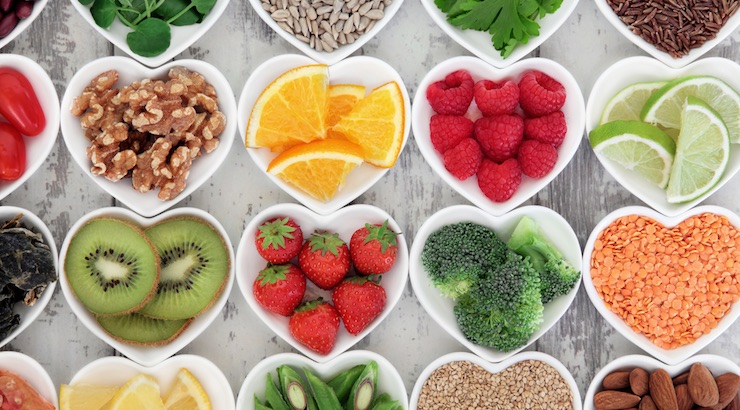
But, don’t just take my word for it, TRY IT! Give yourself three weeks at eating cleaner (no processed foods, eating complex carbohydrates and not simple carbohydrates, finding good lean sources of protein, incorporating healthy fats, and making water your main drink every day) and see for yourself.
#You can’t out train a bad diet and you can’t supplement a poor diet and expect to reach your full potential.
